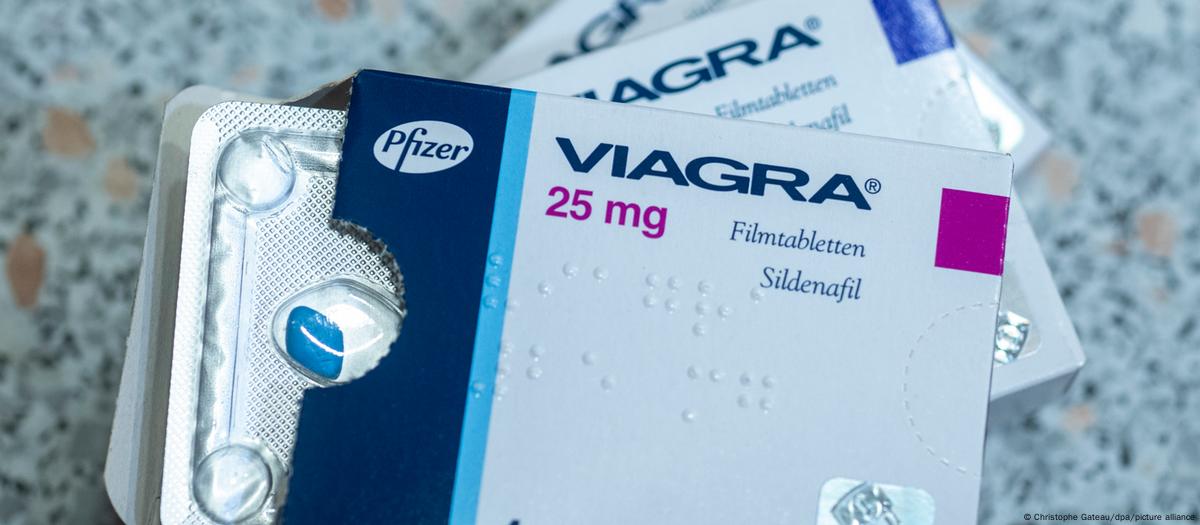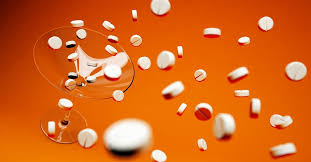
Tretinoin Gel is a powerful treatment for various skin conditions, including acne and signs of aging. It is derived from Vitamin A, making it a popular choice for dermatological therapies. If you’re looking for ways to enhance your skin’s appearance, you might consider exploring options like Tretinoin Gel tretinoin krema bez recepta for your needs. This article delves into the benefits, applications, and essential precautions to take when using Tretinoin Gel.
What is Tretinoin Gel?
Tretinoin, also known as all-trans retinoic acid, is a topical medication used to treat acne and signs of skin aging. It is part of the retinoid family, which includes other compounds derived from Vitamin A. Tretinoin works by promoting cell turnover, stimulating collagen production, and preventing the formation of acne lesions. It can improve skin texture, tone, and overall appearance.
Benefits of Tretinoin Gel
The benefits of Tretinoin Gel are plentiful, making it a go-to choice for many dermatologists. Here are some of the key advantages of using this topical treatment:
- Acne Treatment: Tretinoin is widely recognized for its effectiveness in treating acne. By unclogging pores and preventing the formation of new acne lesions, it helps clear existing breakouts and reduces the frequency of future ones.
- Anti-Aging Properties: The gel can diminish the visibility of fine lines, wrinkles, and uneven skin tone. By promoting collagen production, it enhances skin elasticity and firmness.
- Skin Texture Improvement: Regular use of Tretinoin can lead to smoother skin and a more even texture, making it an excellent choice for those with rough or bumpy skin.
- Hyperpigmentation Reduction: Tretinoin can help fade dark spots and hyperpigmentation, giving the skin a more uniform appearance.
How to Use Tretinoin Gel
Starting a Tretinoin regimen should be done gradually to minimize irritation. Here are general steps to follow:
- Consult a Dermatologist: Always start with professional advice. Your dermatologist can recommend the right concentration and usage based on your skin type.
- Start Slowly: Begin by applying the gel once or twice a week at bedtime. Gradually increase frequency as your skin adjusts.
- Apply a Pea-Sized Amount: Use a small amount, applying it gently to the affected areas. Avoid sensitive areas like the eyes and mouth.
- Moisturize: Use a gentle moisturizer after applying Tretinoin to help prevent dryness and irritation.
- Sun Protection: Tretinoin can increase your skin’s sensitivity to sunlight. Use sunscreen during the day to protect your skin.
Potential Side Effects

While Tretinoin is effective, it can also cause some side effects, especially during the initial stages of treatment. Common side effects include:
- Redness and irritation
- Dryness and peeling
- Burning or stinging sensation
- Increased sensitivity to sunlight
These effects often diminish as the skin becomes accustomed to the treatment. However, if side effects are severe or persist, it’s crucial to consult with a healthcare professional.
Precautions to Consider
When using Tretinoin Gel, consider the following precautions:
- Avoid Excessive Sun Exposure: Limit sun exposure, especially during peak hours, and use broad-spectrum sunscreen daily.
- Do Not Combine with Certain Products: Be cautious when using other topical products like exfoliants, which could exacerbate irritation.
- Pregnancy and Breastfeeding: It’s important to consult a doctor if you’re pregnant or breastfeeding, as Tretinoin can potentially affect the fetus or nursing infant.
Who Should Use Tretinoin Gel?
Tretinoin Gel can be beneficial for various individuals, particularly:
- People struggling with acne who have not found success with over-the-counter treatments.
- Individuals seeking to address signs of aging, such as fine lines and uneven texture.
- Those dealing with hyperpigmentation or sun damage on their skin.
However, a thorough consultation with a dermatologist is essential to determine if Tretinoin Gel is suitable for your specific skin condition and type.
Conclusion
Tretinoin Gel is an effective treatment for acne and skin aging, offering numerous benefits for those seeking clearer, healthier skin. While it comes with potential side effects, proper usage and precautions can help maximize its effectiveness. If you’re interested in incorporating Tretinoin into your skincare routine, consult with a dermatologist to tailor a regimen that suits your skin’s needs.